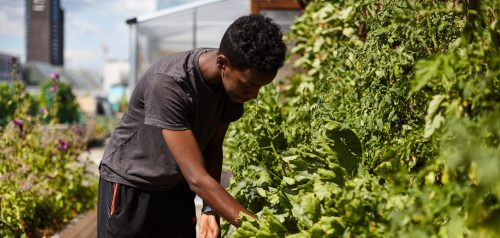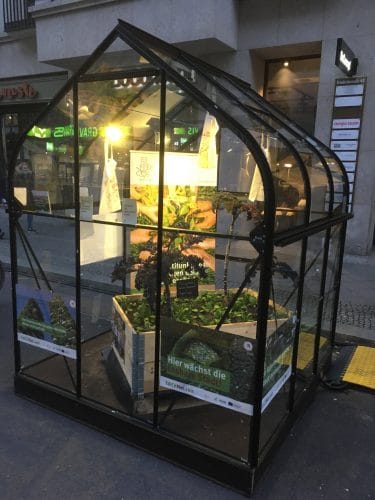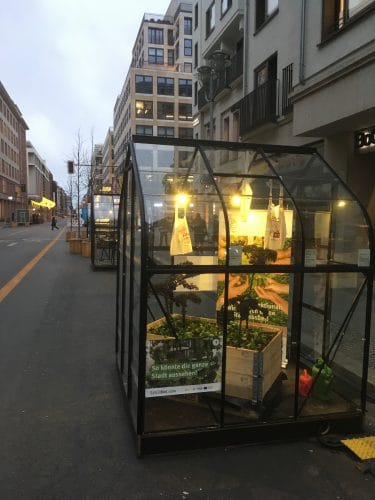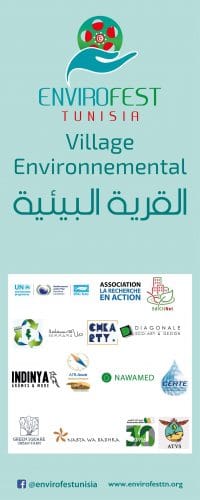Check it out ECS profiles on the EdiCitNet toolbox web.
WP2 is very glad to announce that the ECS profile (in English) is already available on the EdiCitNet toolbox web. The ECS PROFILE aims to promote an interactive and inclusive knowledge sharing among people already involved, or willing to get involved, with the edible city movement. The ECS PROFILE showcase diverse information such as:
– Short description
– Starting year
– Type of ECS (i.e private garden, local market, community kitchen)
– Location and contact
– Link to social medias
– List of edible goods and activities
– Network
– Type of ownership and funding
– Marketing strategies
– Initial budget and running cost
– Type of access (private or public)
– Edible and non-edible nature-based solutions
– Production methods
Furthermore, participants of a certain ECS can give their feedback though the ECS profile by clicking on “SHARE YOUR EXPERIENCE”.
Addionally, the ECS profile puts forward a unique performance assessment in terms or sustainability, urban challenges and ecosystem services addressed.
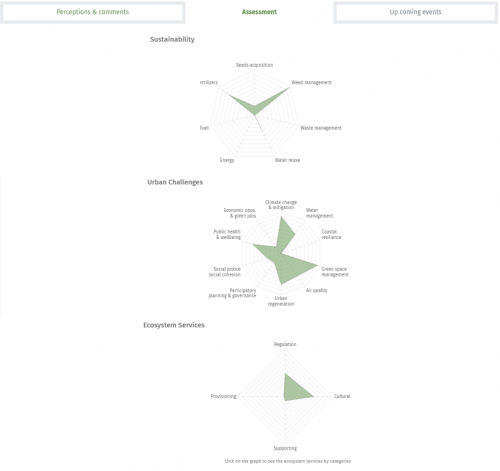
Coming soon (spoiler alert)! Currently, WP2 team is working on a set of interactive features which are based on exiting social medias such as Instagram, Facebook, LinkedIn. The idea is that users will be able to interact with a ECS by leaving comments and questions and following an ECS PROFILE to get updates on events and news.

